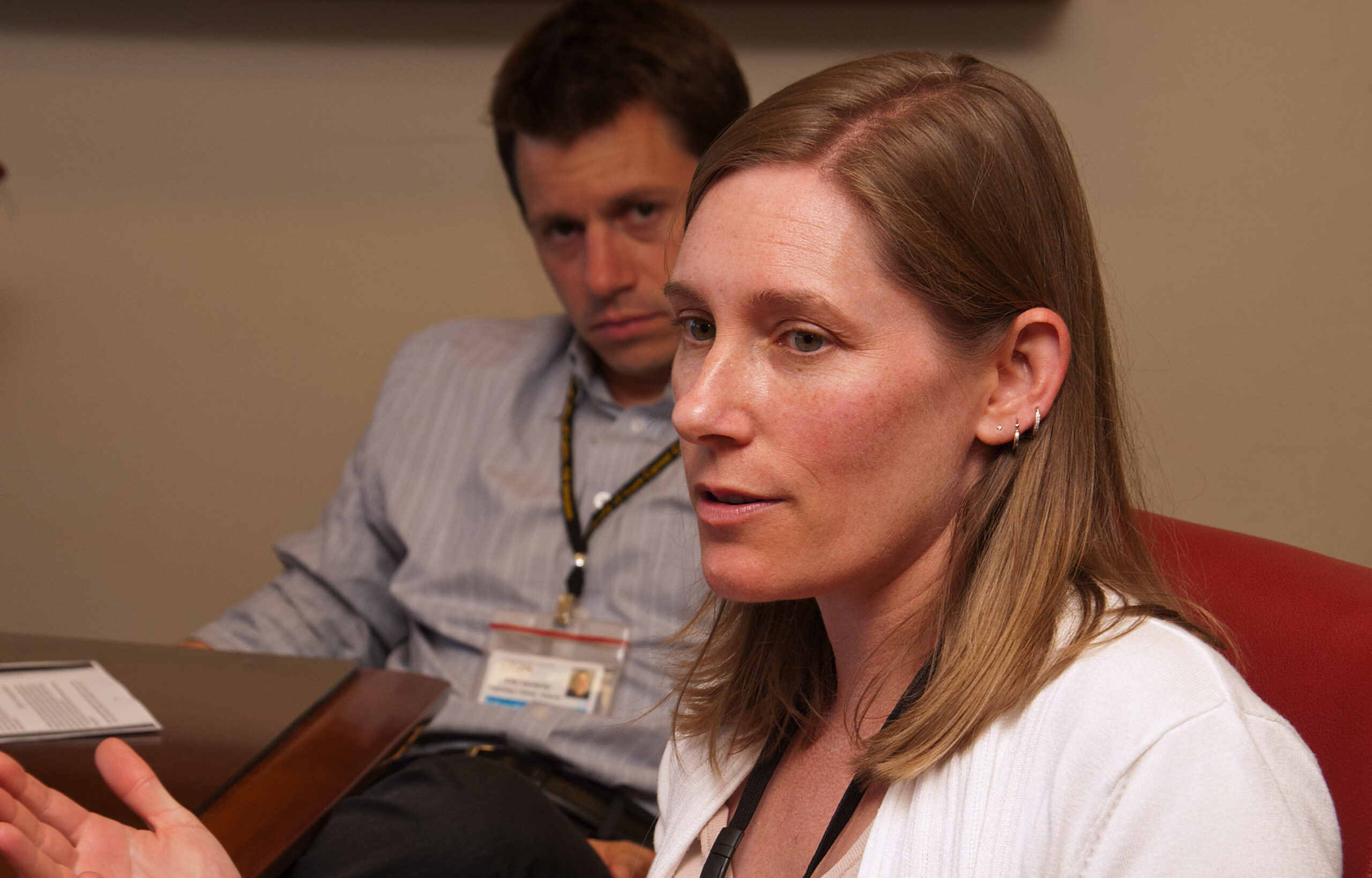
My first exposure to primary care psychiatry came when I spent a month in residency rotating with the Rural and Remote Mental Health Service in South Australia. We provided psychiatric consultations via telemedicine and occasional visits to distant primary care sites. For someone concerned about the public health impact of mental disorders, it was an exceptional experience – I was helping to shape the care delivered to hundreds of patients. My time in Australia introduced me to the importance of working with our primary care colleagues to help address the burden of mental disorders at large and it helped me understand the value of leveraging psychiatric expertise through consultative models such as Collaborative Care.
I currently work as a consulting psychiatrist for two Collaborative Care programs: Washington’s Mental Health Integration Program (MHIP), which supports primary-care based mental health services in over 100 safety net clinic statewide; and the University of Washington’s Behavioral Health Integration Program (BHIP), which was launched a year ago and serves 11 university-affiliated primary care practices.
As a consulting psychiatrist for MHIP, most of my work is done remotely via telephone with care managers. Although I had previously worked as a co-located psychiatrist in a Family Medicine clinic, I hadn’t provided indirect services through psychiatric case reviews. The patients in primary care are complex – medically, socially, and psychiatrically – and I had to learn the art of providing recommendations for patients I’d never met. It was challenging to develop a care plan based on another clinician’s observations complemented by standardized instruments such as the PHQ-9 or GAD-7; and I felt a tension between wanting complete information and the need to make timely recommendations. Now these tasks are easier and I enjoy using our case consultations to build capacity by offering brief “just in time” training for care managers.
For BHIP, I spend one day per week on-site in a primary care clinic where a social work care manager works full-time. Being on-site offers distinct advantages, the most notable being the ease of talking directly with primary care providers about their patients. The benefits are bidirectional, as PCPs can contribute a deep understanding of patients they have been following for many years, and they can take away new approaches to common clinical challenges. I do see patients in-person for consultation, which may lead to a change in the patient’s treatment plan, but often our visit serves to reassure the patient or PCP and support the patient’s acceptance of their diagnosis or treatment.
Working in primary care offers a wonderful opportunity for a psychiatrist to shape the care of a variety of patients, and I’ve found that Collaborative Care is a particularly efficient, effective, and fun way to do so.